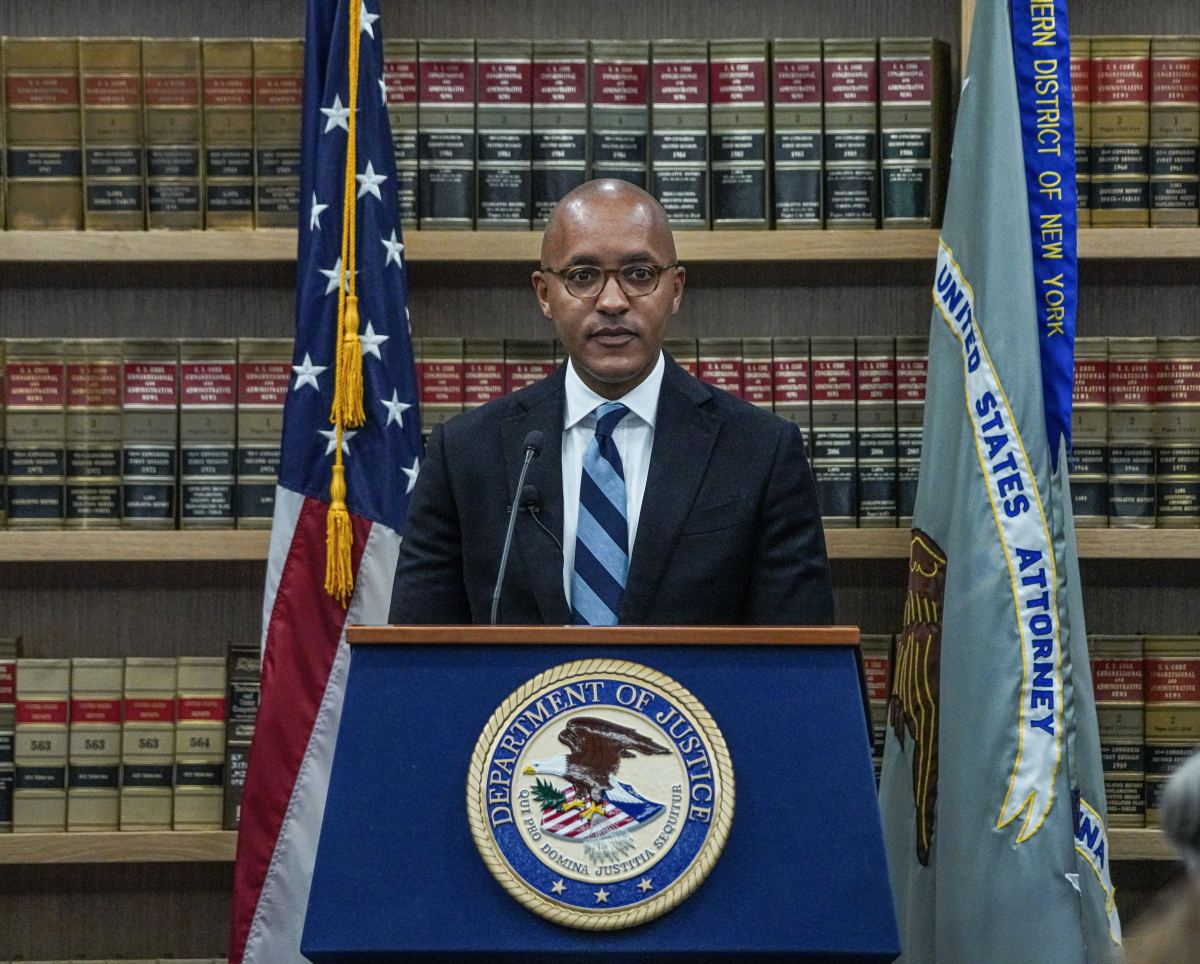In early June, President Donald Trump announced that he was commuting the jail sentence of Alice Marie Johnson, a 63-year-old grandmother serving life for drug trafficking charges, on the recommendation of reality star Kim Kardashian. Before Johnson walked free, Trump granted a full pardon to conservative author and filmmaker Dinesh D’Souza. But, what’s the difference between a presidential pardon and commutation?
On top of Johnson and D’Souza, Trump said he’s considering pardoning others he felt were treated unfairly by the justice system, including Martha Stewart and former Illinois Governor Rod Blagojevich.
Not to mention, at the beginning of the month, Trump tweeted in regards to Robert Mueller’s Russian meddling investigation, “As has been stated by numerous legal scholars, I have the absolute right to PARDON myself, but why would I do that when I have done nothing wrong?” (Though, the legality behind this is up for debate.)
And, Attorney Rudy Giuliani said that Trump could pardon jailed officials like Paul Manafort, who was indicted on “mostly financial-related charges,” and others “targeted” by the Russia investigation.
“When it’s over, hey, he’s the president of the United States. He retains his pardon power. Nobody is taking that away from him. He can pardon, in his judgment,” Giuliani said.
It’s easy, though, to refer to all of the president’s acts of clemency as presidential pardons. To clear things up, let’s explore the difference between a presidential pardon and a commutation.
What is a presidential pardon?
Under the Constitution, the president has the right to grant clemency to people he feels have been wrongfully treated by the justice system.
Article II, Section 2 states:
The President […] shall have Power to grant Reprieves and Pardons for Offences against the United States, except in Cases of Impeachment.
Granting a full presidential pardon is a “sign of forgiveness,” states the Department of Justice.
A presidential pardon is “granted in recognition of the applicant’s acceptance of responsibility for the crime and established good conduct for a significant period of time after conviction or release from confinement.”
While a presidential pardon restores civil rights to offenders that are usually lost once they rejoin society (i.e. they can’t run for office, vote, serve in juries, etc.), it does not make someone innocent of a crime.
What is a presidential commutation, then?
A pardon and commutation are both forms of clemency, they just mean different things.
Commuting someone’s sentence means reducing their prison time, often reducing it to time served so they’re able to leave prison. In Johnson’s case, she was released from prison hours after Trump granted her a presidential commutation.
Granting this form of clemency does not restore a person’s civil rights like a presidential pardon does.

President Trump and prison reform
According to a 2016 study from the Brennan Center for Justice at New York University School of Law, “nearly 40 percent of the U.S. prison population — 576,000 people — are behind bars with no compelling public safety reason.”
Trump has expressed his intention of granting clemency to more people, as mentioned before. He also said during the 2018 State of the Union Address, “…this year we will embark on reforming our prisons to help former inmates who have served their time get a second chance.”
The president has recently issued support for the Jared Kushner-backed First Step Act, which was passed by the House in May. The bill, though, does not address sentencing issues, and instead is focused on rehabilitation programs for inmates.
“The single biggest thing we want to do is really define what the purpose of a prison is,” Kushner stated at the White House summit, reports Vox. “Is the purpose to punish, is the purpose to warehouse, or is the purpose to rehabilitate?”
Still, according to prison data from 2018, the U.S. locks up more people, per capita, than any other nation.






















